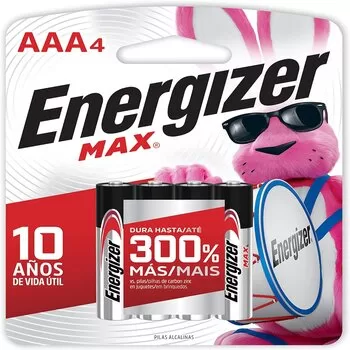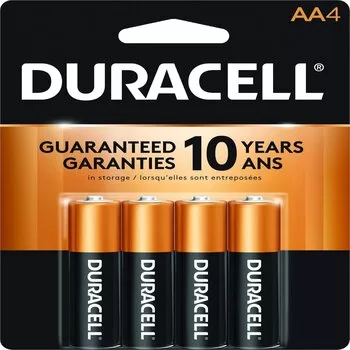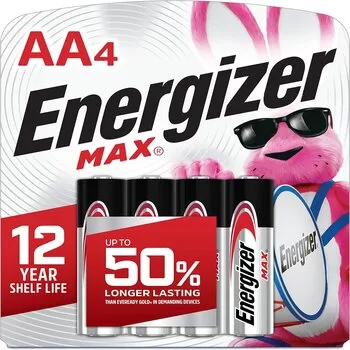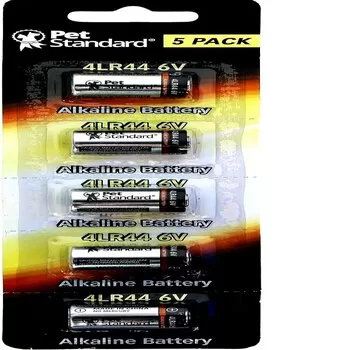Alkaline
Alkaline batteries are a type of electrochemical cell that uses an alkaline electrolyte, usually potassium hydroxide, to allow electric current to flow. Known for their extended shelf life and consistent voltage output, these batteries are popular for powering various household devices like remote controls, flashlights, and toys. Alkaline batteries typically consist of a zinc anode and a manganese dioxide cathode, which work together to generate energy through a chemical reaction. They offer advantages such as higher energy density compared to traditional zinc-carbon batteries and a lower self-discharge rate, allowing them to hold their charge for longer periods when not in use. Consequently, alkaline batteries are widely used in both consumer electronics and industrial settings, playing a significant role in enhancing the convenience and functionality of modern life.
Showing all 5 resultsSorted by latest














































































































